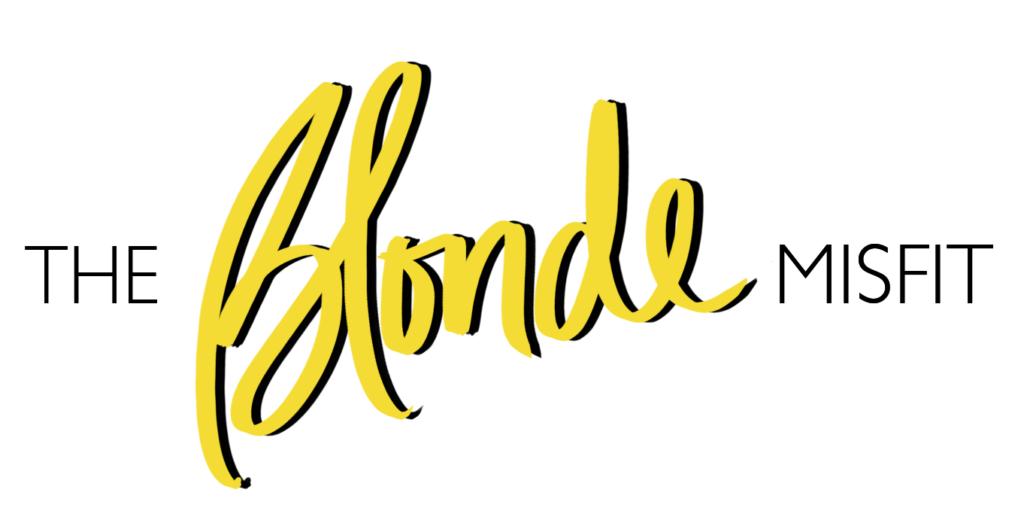
Image: Madewell
Madewell “willfully” jacked an original pattern from another brand and slapped it on an array of its own garments. That is what The Great Incorporated claims in a newly-filed lawsuit centering on its highly-utilized poppy print. As a result, The Great – the vintage-inspired apparel brand founded by Emily Current and Meritt Elliott, who left Current/Elliott, the denim label they founded, in 2012 and started The Great last year – claims that Madewell and its parent company J. Crew are on the hook for copyright infringement.
According to The Great’s complaint, which was filed in a California federal court on Monday, in the spring of 2018, Current and Elliot created “an original fabric design using poppies … [which] is currently featured on clothing items manufactured and distributed by The Great.” Not long after they began selling their poppy print garments, at least some of which were featured in the Los Angeles County Art Museum’s WearLACMA program, the designers discovered that Madewell was “manufacturing, distributing, and/or selling for profit numerous garments that manufactured from textile prints that are substantially similar to, and/or copied from [their] copyrighted design.”
To be exact, The Great is taking issue with just a portion of the print that Madewell is using: one that features the front-facing, fully-opened poppy flower.
Madewell sale of products using a “fabric featuring a design which is identical to, or substantially similar to The Great’s copyrighted design” amounts to the “willful, reckless, and/or in blatant disregard for The Great’s rights as a copyright holder,” the complaint claims. Due to such alleged infringement, The Great claims it “has suffered substantial damages to its business,” while Madewell has “obtained direct and indirect profits they would not otherwise have realized but for their infringement of the design.”

The Great’s Pring (left) & One of Madewell’s garments (right)
With the foregoing in mind, The Great is seeking an array of monetary damages, including all profits gained by Madewell in connection with its sale of products that make use of the print, “all losses suffered by The Great, and any monetary advantage gained through [Madewell’s] infringement,” as well as “additional, enhanced, and elevated damages” because of Madewell’s “reckless [or] willful” acts.
As we have asserted in the past, copyright protection can be difficult to come by for fashion designs, in large part because copyright law does not protect useful things, like clothing and accessories (which have useful properties), in their entirety, and so, protection may only be enjoyed for separable elements – a test that does not necessarily make sense for garments. More than that, copyright law generallyrefuses to provide protection for the cut and/or construction of a garment, which tends to be what makes it unique or creative.
Nonetheless, copyright law is well-known to protect original prints and patterns that appear on garments and accessories, as those things are easily separable from the useful elements of product as a whole. As such, Current and Elliott are in luck, assuming, of course, that they can establish that their print and the one being used by Madewell are, in fact, “substantially similar.”
*The case is The Great Incorporated v. Madewell, Inc. et al., 2:19-cv-05832 (C.D.Cal).
